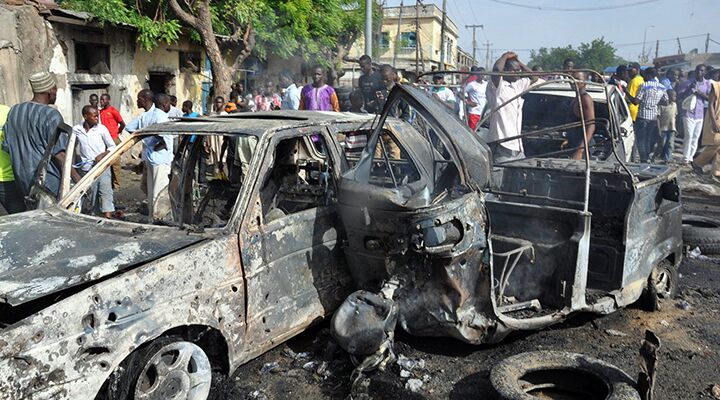
Under Threat: Nigeria and Sierra Leone Impose Travel Bans
The West African nations of Nigeria and Sierra Leone have resorted to a common solution to the uncommon, deadly threats they are facing.
Nigeria’s Borno and Yobe states banned all vehicular travel from Christmas Eve to Sunday, out of fear of attacks from the murderous Islamist group Boko Haram. The terrorist group is notorious for savage attacks during this time of year—and at other indiscriminate times as well.
The group slaughtered 32 people on Christmas Eve in 2010 in Plateau state; the next year, it killed 43 people at a Catholic Church building near Abuja on Christmas Day. All totaled, Boko Haram-related violence from July 2013 to June 2014 has killed over 7,000 people on all sides of the conflict—substantially greater than the causalities in Afghanistan and Iraq during the same period of time.
Sierra Leone’s travel bans were also imposed out of fear of a menacing killer, but one that doesn’t wield assault rifles or suicide vests. The Defense Ministry announced December 12 that there would be “no Christmas and New Year celebrations this year. We will ensure that everybody remains at home to reflect on Ebola.” It continued, “Military personnel will be on the streets at Christmas and the New Year to stop any street celebrations.”
Ebola has already infected over 8,000 people and killed nearly 2,000.
The problems in Nigeria and Sierra Leone epitomize the complexity of the problems we face and the ineffectiveness of quick-fix solutions. To understand the real causes of, and the solutions to, the menace of radical Islam and the Ebola virus, read our articles “In Pursuit of Death” and “Ebola Pandemic Fears Grip West Africa.”
